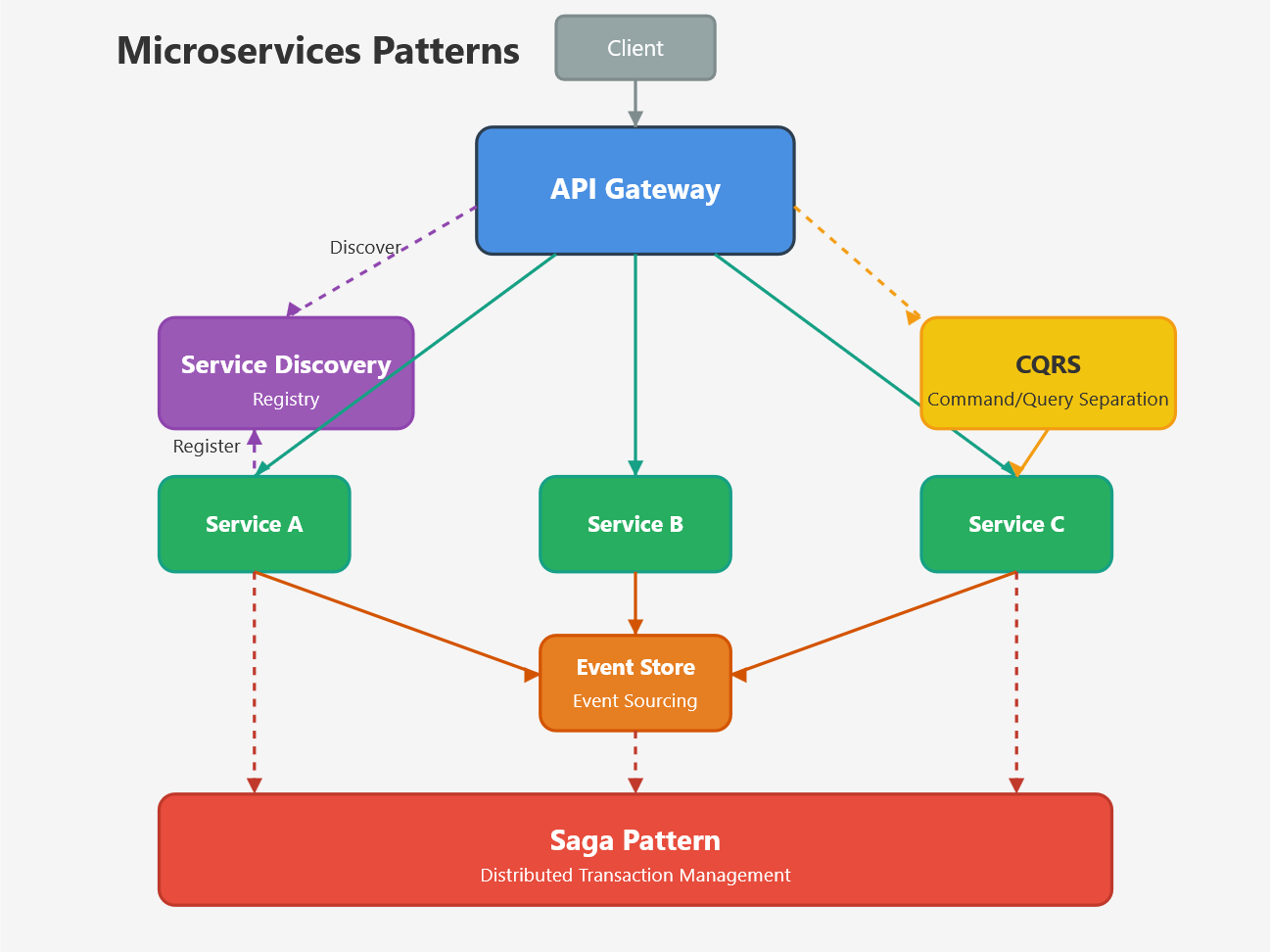Top 5 Essential Microservices Patterns for Experienced Developers
API Gateway, CQRS, Service Discovery, Saga, and Event Sourcing
Hello folks, While the industry trend is to split your monolithic application to microservices to segregate data, code, and interface, it's not an easy task to do.
Especially if you don’t have any experience in Microservice development and are not familiar with the best practices and essential Microservices design patterns and principles.
Like object-oriented design Patterns, Microservice Patterns are also tried and tested solutions to common problems people have encountered while developing, deploying, and scaling their Microservices.
For example, the SAGA pattern solves the problem of distributed transaction failures and the API gateway makes client-side code easier and also acts as a front controller and load balancer for many of your Microservices, thus making them more maintainable.
In the past, I have shared 50 Microservice Interview Questions for beginners and experienced developers and 10 essential Microservice design principles and in this article, I am going to give you a brief overview of essential Microservice patterns and when to use them with simple examples and scenarios.
This is the minimum you need to know and remember as a Microservice developer; if you know the basics and have a bit of an idea, you can always go back and search and learn them in depth before you use them in your project.
Here are some popular Microservice design patterns that a programmer should know:
Service Registry
Circuit Breaker
API Gateway
Event-Driven Architecture
Database per Service
Command Query Responsibility Segregation (CQRS)
Externalized Configuration
Saga Pattern
Bulkhead Pattern
Backends for Frontends (BFF)
Keep reading with a 7-day free trial
Subscribe to React Java to keep reading this post and get 7 days of free access to the full post archives.


